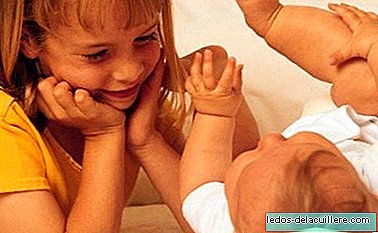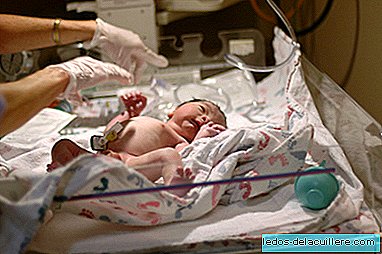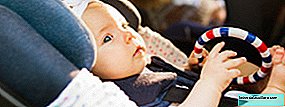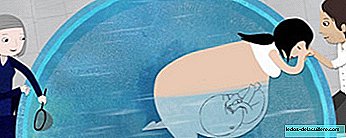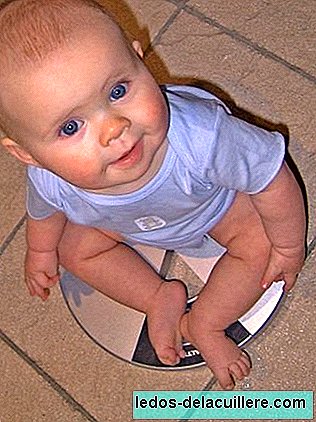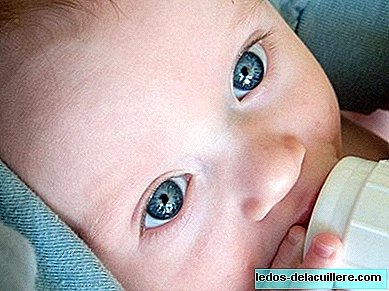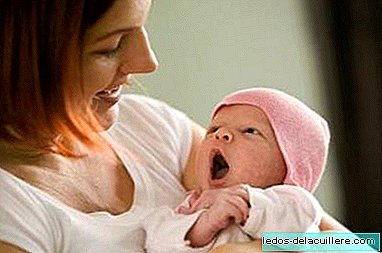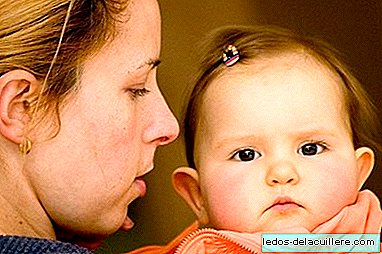
If we make a sound, the baby will try to answer us. If we move our hand before him, or close our eyes, he will try to make the same movement. To young children they like to imitate what they see and hear, but only if the model perceives it as a "good example".
On the contrary, children choose not to follow the example of who they perceive as unreliable, according to a study conducted at Concordia University in Montreal, in Canada by experts from the Department of Psychology at Concordia University, members of the Development Research Center Human.
Young children realize more than was thought a few years ago. As research on them progresses and the way their brain works, it becomes clear that they are very observant and intelligent.
Children under 16 months are able to distinguish the true from the false, according to the study published in the magazine "Infant Behavior and Development", and most refuse to imitate an adult after verifying that he has cheated.
In other words, if babies perceive that an individual is inaccurate or "unreliable," they use this information to guide their subsequent learning, choosing not to learn from it.
The research focused on 60 children between 13 and 16 months, divided into two groups, one with "reliable" adult evaluators and one with untrustworthy adults.
In the first task, adults looked inside a box and showed their enthusiasm, whether or not there was a toy inside. Then, the children received the boxes to see if they contained a toy, to verify the credibility of the adult.
In the second imitation task, the same adult turned on a light by pressing the switch with his forehead instead of using his hands. Only 34% of children whose evaluators were reliable imitated this strange gesture. In contrast, 61% of children in the reliable adult group imitated that irrational behavior.
Beyond the anecdote of imitating that unusual gesture, it seems clear the relationship between the people that babies trust and their imitation of them. And we know, if we want children to learn from our good examples, it is better to build trust in them and not to go around with falsehoods or "tricks" that make them see us as unreliable. By the way, this could explain my daughters' attitude towards certain people who like to use those "thanks" to deceive them.


